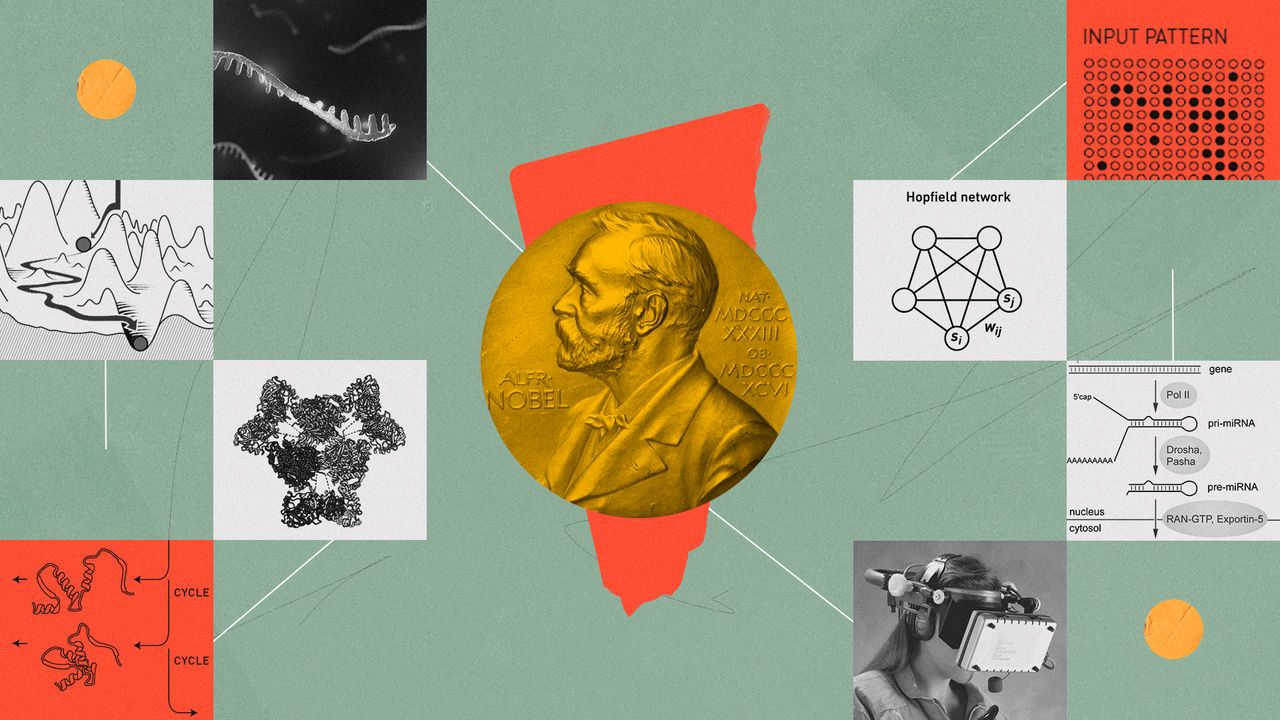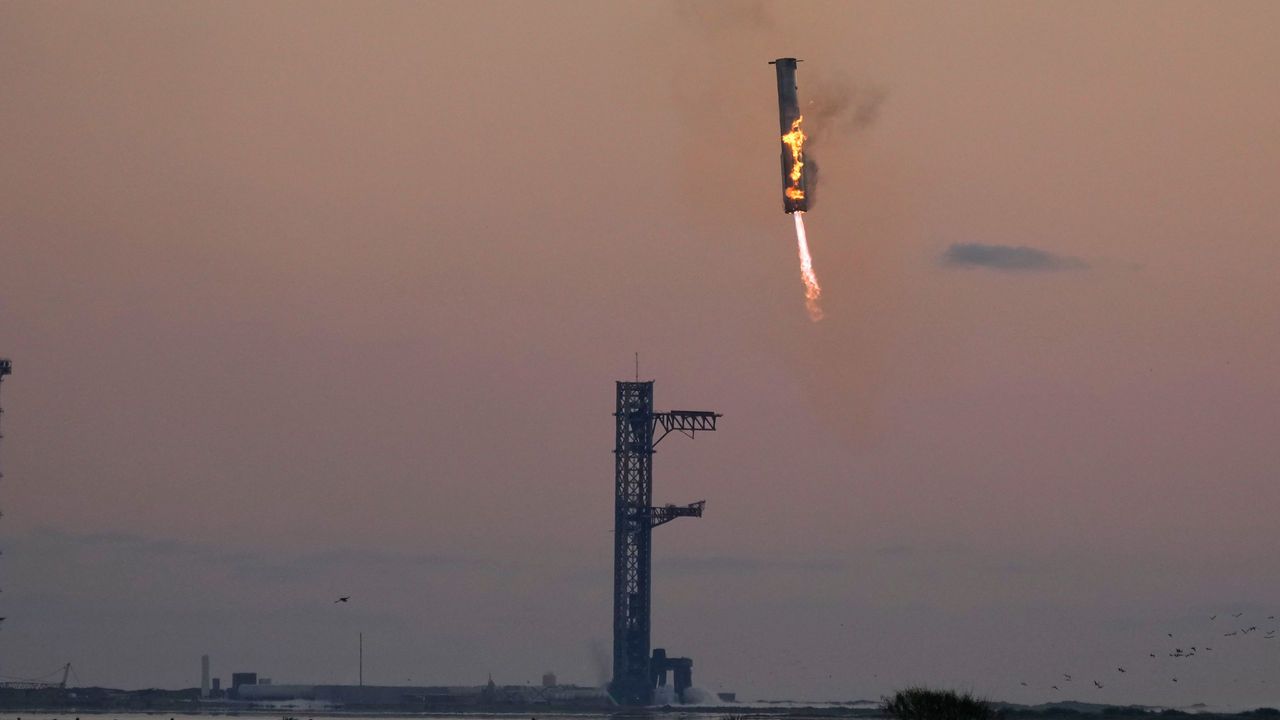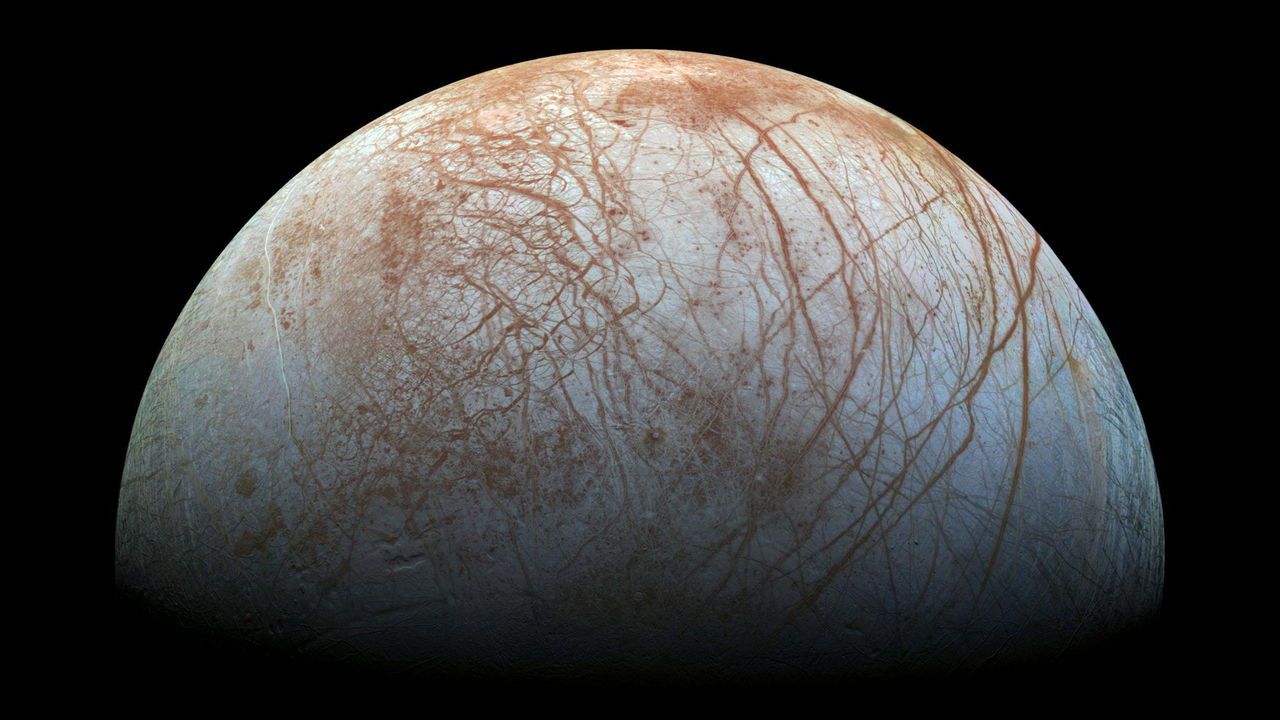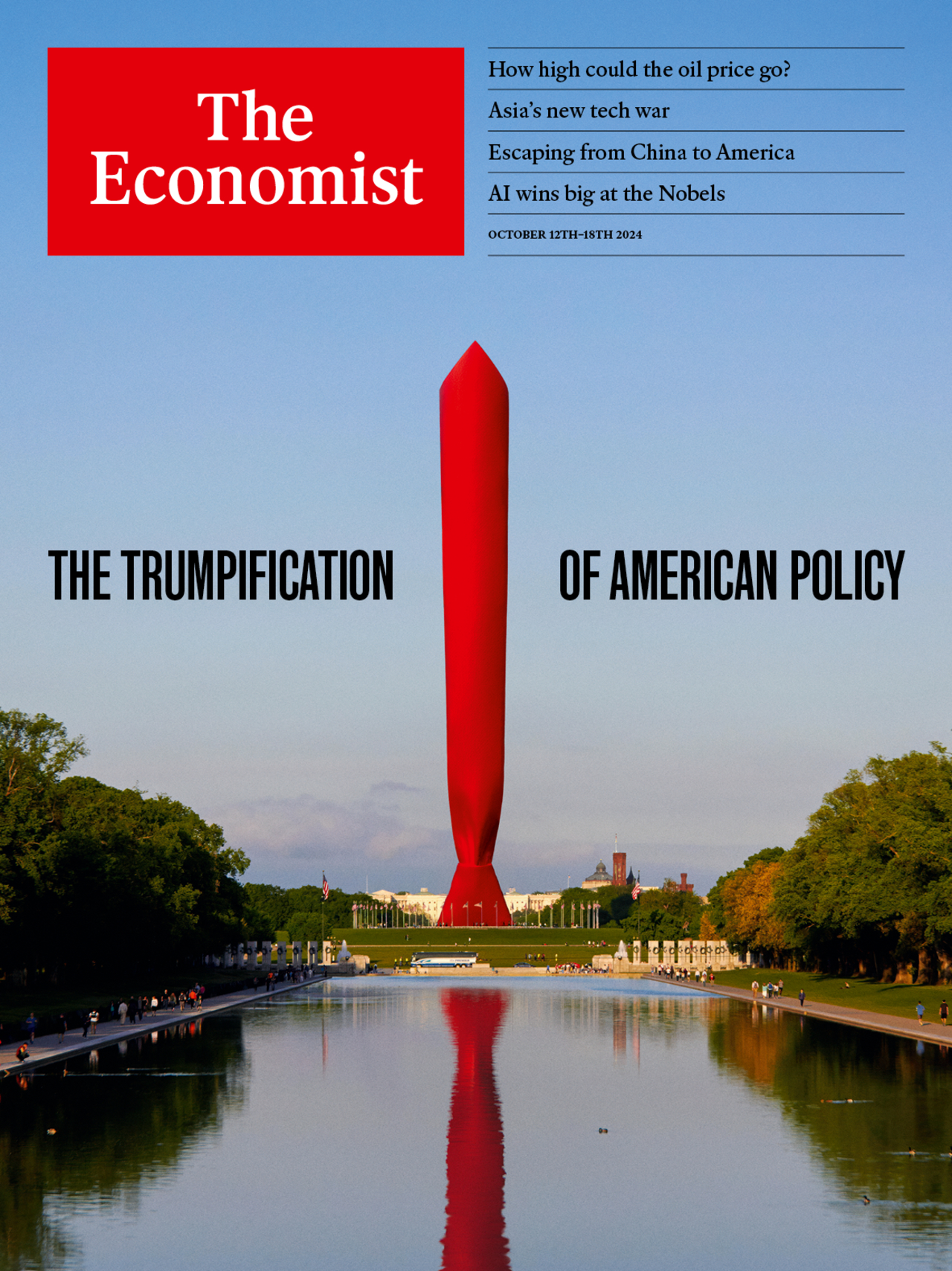AI wins big at the Nobels
Awards went to the discoverers of micro-RNA, pioneers of artificial-intelligence models and those using them for protein-structure prediction

The scientific Nobel prizes have always, in their way, honoured human intelligence. This year, for the first time, the transformative potential of artificial intelligence (AI) has been recognised as well. That recognition began on Tuesday October 8th, when Sweden’s Royal Academy of Science awarded the physics prize to John Hopfield of Princeton University and Geoffrey Hinton of the University of Toronto for computer-science breakthroughs integral to the development of many of today’s most powerful AI models.
This article appeared in the Science & technology section of the print edition under the headline “Honouring intelligence”
Discover more

Elon Musk’s SpaceX has achieved something extraordinary
If SpaceX can land and reuse the most powerful rocket ever made what can’t it do?

Could life exist on one of Jupiter’s moons?
A spacecraft heading to Europa is designed to find out

Noise-dampening tech could make ships less disruptive to marine life
Solutions include bendy propellers and “acoustic black holes”
Meet Japan’s hitchhiking fish
Medaka catch rides on obliging birds, confirming one of Darwin’s hunches
Google’s DeepMind researchers among recipients of Nobel prize for chemistry
The award honours protein design and the use of AI for protein-structure prediction
AI researchers receive the Nobel prize for physics
The award, to Geoffrey Hinton and John Hopfield, stretches the definition of the field
